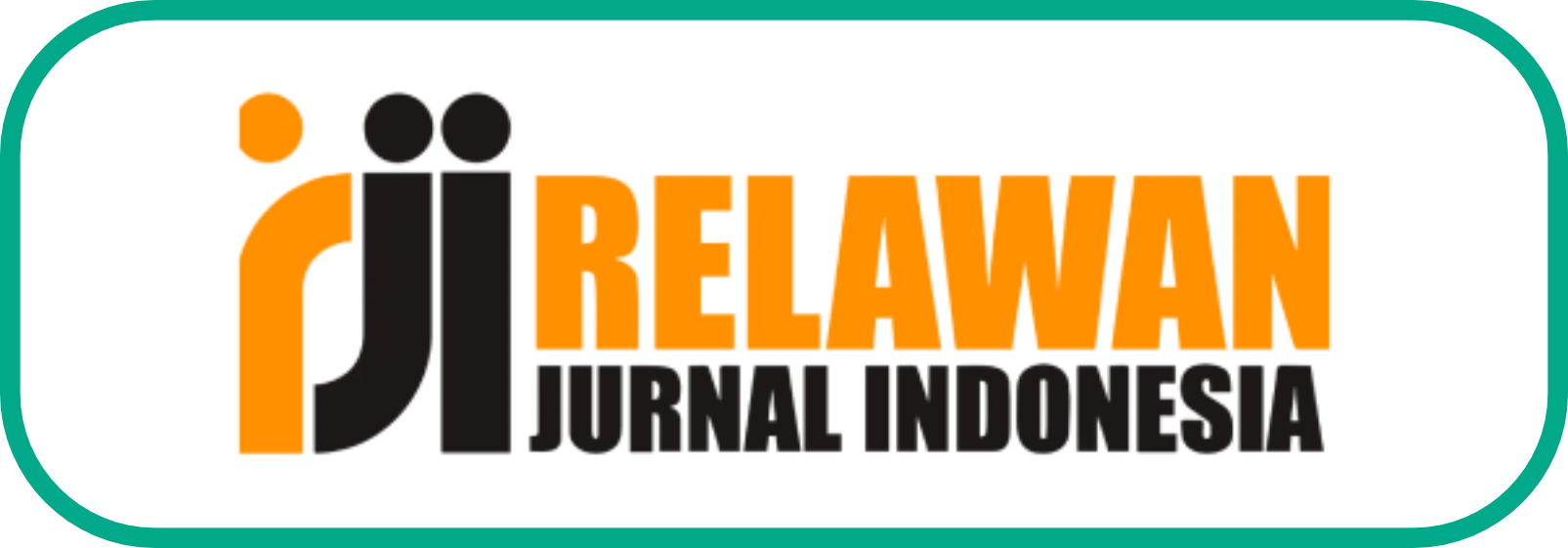STRATEGI SUSTAINABILITAS PEMBIAYAAN BAITUL MAAL WAT TAMWIL (BMT) DI KOTA PADANG
Sari
This study aims to identify the determinants of the sustainability of Baitul Maal Tamwil
(BMT) as Sharia Microfinance Institutions (LKMS) which are problematic in managing existing
risks so as to disrupt the sustainability of BMT institutions. The research method consists of the
pre-research stage, data collection stage, data processing stage and interpretation of results. The
research location in Padang City BMT, West Sumatra Province, is spread in 11 districts. The
research population of all BMTs in the city of Padang in West Sumatra province was 104 units and
the sample was taken in total sampling of 104 participants. The independent variable of the
researcher consists of the aspects of regulation, supervision, infrastructure, human resources and
product innovation while the dependent variable of BMT sustainability is measured by asset
growth, financing quality and profitability collected using a questionnaire. The research model
uses multiple linear regression and hypothesis testing partially and simultaneously at α = 5%. The
results of the partial hypothesis testing are only product innovations that affect the sustainability of
the financing of BMT in Padang City, West Sumatra Province. The results of simultaneous
hypothesis testing show that all independent variables have an effect on the sustainability of the
BMT financing in West Sumatra Province. This can also be seen based on the correlation
coefficient value of 40.1% (classified as weak) and the Adjusted R Square value of 11.8%.
The results of the strategy factor analysis in the form of Weakness - Opportunities produces
the following 5 strategies: 1) developing linkage programs with sharia financial and banking
institutions to obtain low-cost funds, 2) adding marketing personnel who are able to manage and
place funds, 3) improve the risk management oversight function in operational activities through
improvement of the Operations Management Standards and Standard Operating Procedures, the
establishment of the Sharia Management Board, improvement in handling problematic financing
and re-empowering committees established in the organizational structure, 4) improving services
to members, customers and the community through improved facilities and infrastructure,
especially information technology services which can reach and meet the needs of members and
customers, providing services products that are cheap and fast but still in accordance with sharia
principles and provide services for the collection and distribution of zakat, infaq, shodaqah and
waqf, 5) improving elementary competence through training and coaching as well as
performance-based awards to focus on business development according to sharia principles.
Keywords: sustainability, regulation, supervision, infrastructure, human resources and product
innovation
Teks Lengkap:
PDFReferensi
Adnan, M. A., Widarjono, A., & Anto, M. B. H. 2003. Study on Factors influencing Performance
of the Best Baitul Maal Wat Tamwils [BMTS] in Indonesia. Jurnal Iqtisad, 4(1).
Andriani. 2015. Baitul Maal Wat Tamwil : Konsep dan Mekanisme di Indonesiale. Jurnal Empiris,
(2), 17–29.
Asian Development Bank. 2000. Finance for the Poor: Microfinance Development Strategy. Asian
Development Bank, 1–52. Retrieved from http://www.syngentafoundation.org
Campion, A. (2002). Challenges to Microfinance Commercialization. Journal of
Microfinance/ESR Review, 4(2), 4.
Chaves, R. A., & Gonzalez-Vega, C. 1996. The Design of Successful Rural Financial
Intermediaries: Evidence from Indonesia. World Development, 24(1), 65–78.
https://doi.org/10.1016/0305-750X(95)00114-R
CNN Indonesia. 2017. BI Dorong Pengembangan LKM Berbasis Syariah. CNN Indonesia.
Retrieved from https://www.cnnindonesia.com/ekonomi/20171107181424-78-254140/bidorong-
pengembangan-lkm-berbasis-syariah
Djarwanto, P., & Subagyo, P. 2011. Statistik Induktif (4th ed.). Yogyakarta: BPFE.
Euis, A. 2009. Keadilan Distributif Dalam Ekonomi Islam: Penguatan Peran LKM dan UKM di
Indonesia. Jakarta: PT Raja Grafindo Persada.
Fajariyah, N., & Santoso, E. B. 2016. Arahan Pengembangan Ekonomi Lokal Berbasis Rumput
Laut di Pulau Poteran, Kabupaten Sumenep. Jurnal Teknik ITS, 4(2), C70–C75.
Hartarska, V. 2005. Governance and Performance of Microfinance Institutions in Central and
Eastern Europe and the Newly Independent States. World Development, 33(10), 1627–1643.
Jiwani, J., Morris, R., & Husain, J. 2011. Strategic Impact of Incentive Programs for Loan Officers
of Micro-Finance Institutions. The Journal of American Academy of Business, Cambridge,
(1), 33–42.
Maza, R. El. 2018. Faktor-Faktor yang Mempengaruhi Baitul Maal Wat Tamwil di Lampung.
FINANSIA: Jurnal Akuntansi Dan Perbankan Syariah, 01(01), 59–76.
Morgan, Robert. 2011. The Commitment Trust Theory of Relationship Marketing : Journal of
Marketing Research, 17(4), 460 – 469.Nugroho, B. A. (2005). Strategi Jitu Memilih Metode
Statistik Penelitian Dengan SPSS. Yogyakarta: Andi.
Panggabean, Rina. 2010. Kajian Pengembangan UMKM Di Sentra Klaster Rotan Kabupaten
Cirebon. Jurnal Manajemen dab Enterpreneurship 5(2) : 99 - 118.
Rangkuri, Freddy. 2015. Teknik Membedah Kasus Bisnis Analisis SWOT. Jakarta : Gramedia
Rosenberg, R., Lyman, T., & Christen, R. (2003). Guiding Principles on Regulation and
Supervision of Microfinance. Washington, D.C.: CGAP/ The World Bank Group.
Salam, A., & Hasse, J. 2008. Sustainabilitas Lembaga Keuangan Mikro: Koperasi Simpan Pinjam.
Yogyakarta: Sekolah Pascasarjana UGM.
Sarjono, H., & Julianita, W. 2011. SPSS vs LISREL: Sebuah Pengantar, Aplikasi Untuk Riset.
Jakarta: Salemba Empat.
Umar, H. 2008. Metode Penelitian Untuk Skripsi dan Tesis Bisnis. PT Raja Grafindo Persada.
Zubair, M. K. 2016. Analisis Faktor-Faktor Sustainabilitas Lembaga Keuangan Mikro Syariah.
Iqtishadia, 9(2), 201–226. https://doi.org/10.21043/iqtishadia.v9i2
DOI: https://doi.org/10.33559/mi.v13i2.1195
Article Metrics
Sari view : 253 timesPDF - 421 times
Refbacks
- Saat ini tidak ada refbacks.
##submission.copyrightStatement##
INDEXED BY :
Lembaga Penelitian & Pengabdian Masyarakat (LPPM). Universitas Muhammadiyah Sumatera Barat
Jl. Pasir Kandang No.4, Pasie Nan Tigo, Kec. Koto Tangah, Kota Padang, Sumatera Barat 25586.
Email : lppmumsb@gmail.com
 This work is licensed under a Creative Commons Attribution-ShareAlike 4.0 International License.
This work is licensed under a Creative Commons Attribution-ShareAlike 4.0 International License.
















